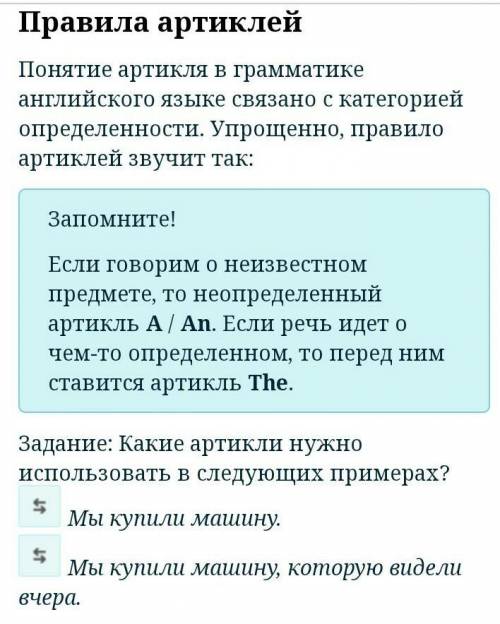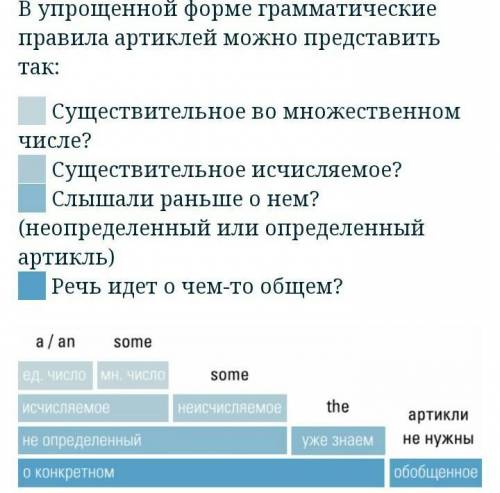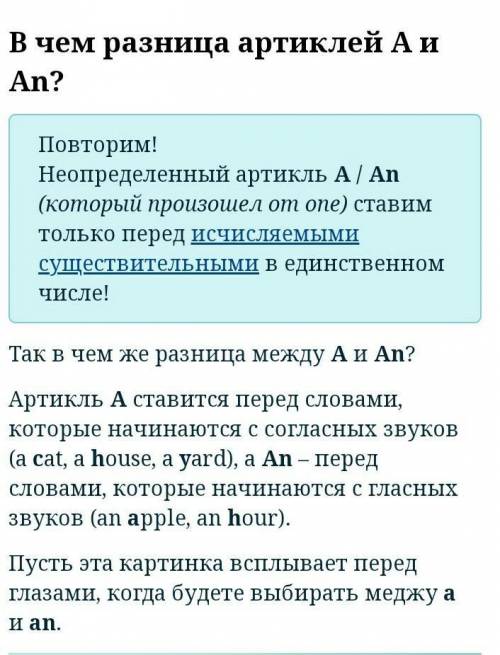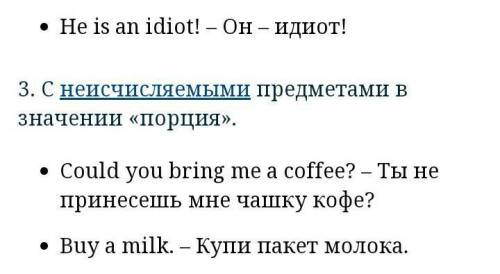1. Образуйте множественное число существительных:
A deer - deer, a leaf - leaves, a library - libraries.
2. Раскройте скобки, употребляя необходимую форму прилагательного:
a) He is the most jealous man I have ever seen.
b) July is drшук than June.
c) Your story is the shortest of all.
3. Вставьте нужную форму глагола to be:
There is no exam today.
Look! There is dust on the table.
Will you be at home after some time?
4. Вставьте местоимения some, any, no или их производные:
You must go somewhere this summer. You need rest.
There are no leaves on the trees, because it is winter now.
I saw some boys in the garden, it was late already.
5. Задайте 5 типов вопросов к предложению:
She has read this magazine this week.
1)Who has read this magazine this week?
2)What has she read this week?
3)She has read this magazine this week, hasn't she?
4)Has she read this magazine this week or prevouis week?
5)Has she read this magazine this week?
6. Раскройте скобки, поставив глагол в нужную форму (активный и пассивный залог).
My mother washes the dishes after meals.
He will buy this book soon.
St. Petersburg was founded in 1703.
Many houses were built in our city last year.
When I called Mike yesterday, he was repairing his bike.
I have seen an interesting film lately.
Подробнее об артикле The в английском языке
В отличие от неопределенного, определенный артикль может ставится перед любыми существительными в любом числе. Но когда?
1. Перед предметами, единственными в своем роде.
The president visited the veterans. – Президент навестил ветеранов. (Ведь у каждой страны только один президент).The Earth moves around the Sun. – Земля движется вокруг солнца.
2. Перед предметами из ограниченной группы.
The wheel of the car was missing. – Колеса у машины не было. (Одного из 4-х колес машины не было).
3. Перед предметами, к которым имеется определение.
The boy that has stolen a purse, was caught. – Мальчика, укравшего сумочку, поймали.The leader of this movement was born in Germany. – Лидер этого движения родился в Германии. (Какой лидер? – этого движения).





1 drinks
2 has been studying
3 are leaving
4 is baking
5 has just painted
Объяснение: